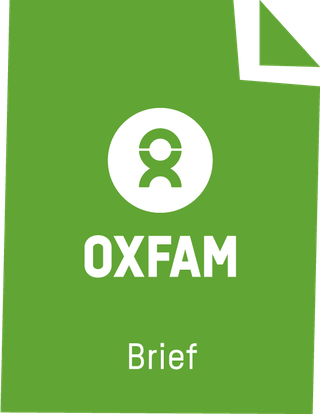
Increasing investments in care in the IDA20 replenishment
COVID-19 has highlighted the vital importance of care to the functioning of economies and societies, while also demonstrating that the massive care work increases borne mostly by women and girls will, if left unaddressed, exacerbate inequality for years to come. The United States is in a prime position to fulfill its commitment to gender equality and inclusive economic recovery for the world by calling for the World Bank’s twentieth International Development Association’s (IDA) replenishment (IDA20) to include transformative policy commitments on care.
IDA20 offers an important opportunity to tackle the rising gender inequality tied to the unequal distribution of unpaid care work between women, girls, and men. IDA is a crucial source of concessional finance that lower-income countries depend on and is one of the biggest providers of core support for human development and public services. Against a backdrop of fiscal consolidation and contraction in the wake of COVID-19, it is imperative for IDA20 to do its part in tackling the gendered impacts of COVID-19. Care—which has previously been neglected in IDA strategies—must be integrated into the IDA20 policy commitments. Investments in a package of care of measures (e.g., investments in care-supporting physical infrastructure, care services, care-supporting social protection, gender-responsive budgeting, and data collection) are critical to reduce the heavy, unequal, and gendered responsibility of unpaid and underpaid care work.
As the US and other IDA donors negotiate the terms of the IDA20 replenishment, Oxfam urges the USG to encourage the World Bank to include strong commitments on care in the policy package. The commitments should clearly outline how the World Bank plans to support IDA countries to recognize, reduce, and redistribute unpaid and underpaid care work, and ensure adequate representation of caregivers in decision-making.